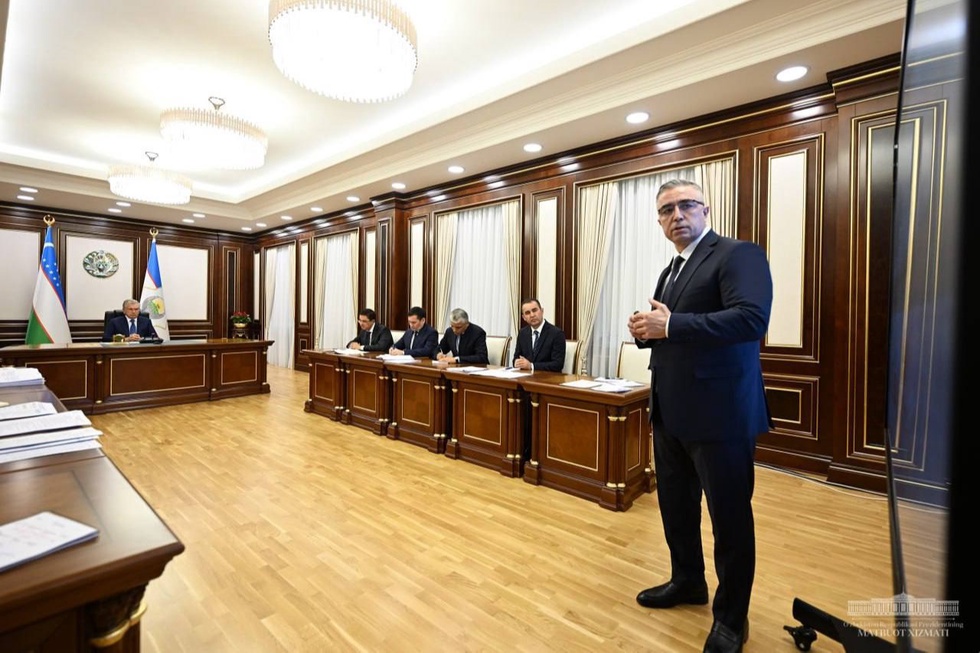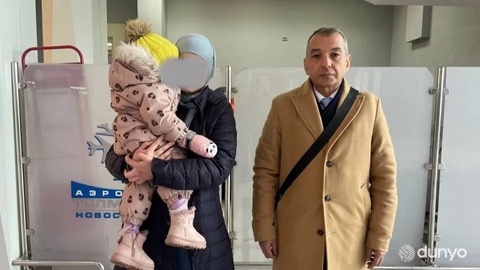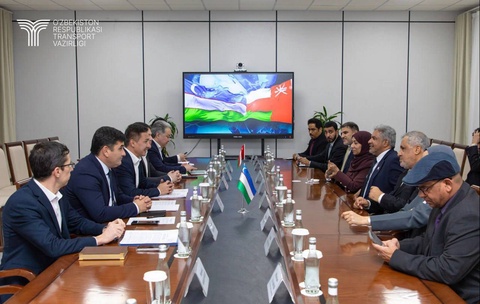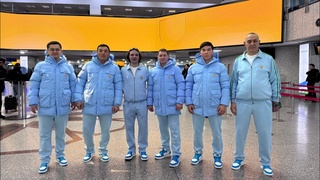The ongoing work to reduce the state presence in the economy and curb large monopolies positively impacts the competitive environment. In particular, the competitive environment has improved over the past five years for more than 25 goods. Exclusive rights that limited competition have been abolished for 7 types of activities. The number of enterprises with state participation has decreased by 42 percent, and the number of private entrepreneurship entities has increased by 1.6 times.
The renewed Law “On Competition” was adopted last year. The Committee for the Development of Competition and Protection of Consumer Rights was granted additional effective powers. Studies conducted on this basis have found that some organizations are experiencing phenomena such as making anti-competitive decisions, concluding direct contracts, and using a dominant position in trade.
The Concept for the Development of Competition has been developed to expand the scope and improve work efficiency. This concept defines further tasks to reduce state participation in the economy, liberalize access to the market, and create equal conditions for entrepreneurs.
Thus, regulatory provisions and excessive requirements that hinder business entities' free access to markets are planned to be canceled. Concessions aimed at reducing the regulatory burden, such as permitting procedures and licenses, will be introduced. Mandatory liability insurance will also be replaced by permitting procedures and licenses.
Independent market regulators will be introduced in areas of natural monopolies. In commodity markets associated with natural monopolies and where competition can be developed, the participation of natural monopoly entities will be limited.
The scale of direct government procurement will be reduced and fully transferred to competitive methods. It is envisaged that the provision of individual government aid that restricts competition, including exclusive rights, benefits, preferences, and concessions, will be abolished.
Through the mutual integration of government information systems, digital monitoring of all links in the pricing chain for socially significant products will be established. A non-disclosure system and incentives for individuals who provide information on cases of anti-competitive agreements and actions and collusion will be introduced.
In general, as a result of implementing this concept, measures will be taken to gradually eliminate 17 types of state monopoly in several areas, such as energy, oil and gas, water management, road construction, railway, and airport services. Anti-competitive actions in government procurement will be suppressed, and transparency of these processes will be ensured. The supply on commodity exchanges will be increased, and the choice of buyers will be expanded.
The President gave additional instructions to continue work in this area, ensure free market principles, and develop entrepreneurship. The need to reduce the state’s economic share and gradually transfer individual functions to the private sector was noted. The task was set to constantly analyze competition in the commodity, financial, and digital markets and make proposals to improve procedures.
Over the past three years, over 2,000 acts that contradict competition laws have been identified at the local level. In most cases, these are documents of local hokimiyats and ministries. In this regard, the need to intensify the work of the Competition Development Committee’s territorial offices and improve personnel qualifications was noted.
The importance of increasing openness and strengthening work to cover the committee’s activities was also noted. It was emphasized that this is important for preventing law violations and creating a transparent environment.











